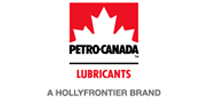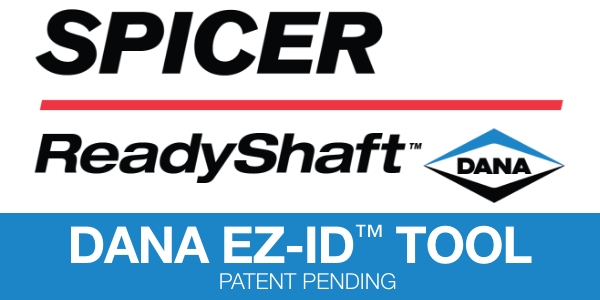Introduced nearly four years ago, API FA-4 heavy-duty engine oils came to the market alongside API CK-4 lubricants to much anticipation as the biggest overhaul in engine oil specifications in a decade.
It marked a significant step change in the development of lower viscosity oils to meet the needs of modern heavy-duty fleet engine designs. Designed for use in 2017 Environmental Protection Agency (EPA) compliant engines and newer, API FA-4 oils offer enhanced fuel economy as well as complementing increasingly advanced hardware technology. The result is ultimate vehicle efficiency.
Should you make the switch?
There are several reasons why heavy-duty fleet managers should make the change to API FA-4 lubricants when recommended by the Original Equipment Manufactuer (OEM) and if needed, adapting to storing two types of oil.
First, OEMs design engine architecture to perform at its optimum efficiency taking into consideration certain lubricant characteristics. If an OEM has recommended the use of an API FA-4 oil in its engine, then there is a good reason for it.
They will also save you money in the long term. API FA-4 engine oils are designed with a lower high temperature high shear (HTHS) viscosity than their API CK-4 counterparts of the same SAE grade, which will improve efficiency. Newer engines also run at higher temperatures which can stress conventional lubricants by accelerating the oxidation and degradation of the oil. A common misconception is that API FA-4 oils might not protect as well as API CK-4 oils. This simply isn’t true. API FA-4 oils pass the same tests as API CK-4 oils, provide excellent wear protection, and they have robust shear stability which also helps the oil to stay in grade over long periods of heavy-duty use.
API FA-4 lubricants are also good news for protecting the investment in your fleet. Designed to deliver greater performance and efficiency for modern engines, API FA-4 lubricants can make a real difference to a fleet’s bottom line by improving the engine’s fuel efficiency. According to industry research, API FA-4 engine oils provide additional fuel savings over API CK-4 of the same grade – up to one per cent, when recommended by the OEM. Those margins soon add up.
In cold environments, FA-4 engine oils flow just as easily throughout the engine as low viscosity API CK-4 oils due to their innovative formulation and unique balance of additives. This offers opportunities for improvements in fuel economy and enhanced performance in cold start-up conditions.
You’re making the switch? Next steps
While the benefits of switching to API FA-4 oils are clear, it is advisable to make a transition plan after an OEM has recommended switching to API FA-4 oils for a particular vehicle. This is particularly important if you manage a fleet.
As part of your transition plan, examine the recent outcomes of your used oil analysis program, or if you don’t have one in place, talk to your lubricant advisors about implementing one. A structured used oil analysis program will assess the impact of new oil on engine durability and oil performance so that you’ll not only be able to see the efficiencies gained, but you can track wear metals and keep on top of potentially critical issues like coolant contamination of the engine oil. Regular used oil analysis data may also reveal whether you can safely extend your drain intervals, leading to further cost savings.
For mixed fleets that have transitioned to API FA-4 engine oils, storing heavy-duty lubricants is an important consideration, for example if a fleet has many different oils for its vehicles, it can complicate otherwise simple tasks like oil changes and oil addition. A color-coded labelling system and corresponding engine tagging through which the lubricants can be easily differentiated, not only makes storage, handling and use easier for technicians but it also helps reduce the risk of incorrect lubricant use. Technical service advisors from Petro-Canada Lubricants can assist with this process, providing advice to ensure the workshop runs as smoothly and efficiently as possible.
API FA-4 lubricants maximize the efficiency and performance of modern engine technology, while offering significant operational cost savings for fleet managers. By integrating API FA-4 engine oils into a fleet’s vehicle maintenance program, fleet managers will achieve superior protection and peace of mind about their bottom line.
™ Owned or used under license.
This article was sponsored by Petro-Canada Lubricants. For more information, please visit our website at https://lubricants.petro-canada.com/brand/duron














